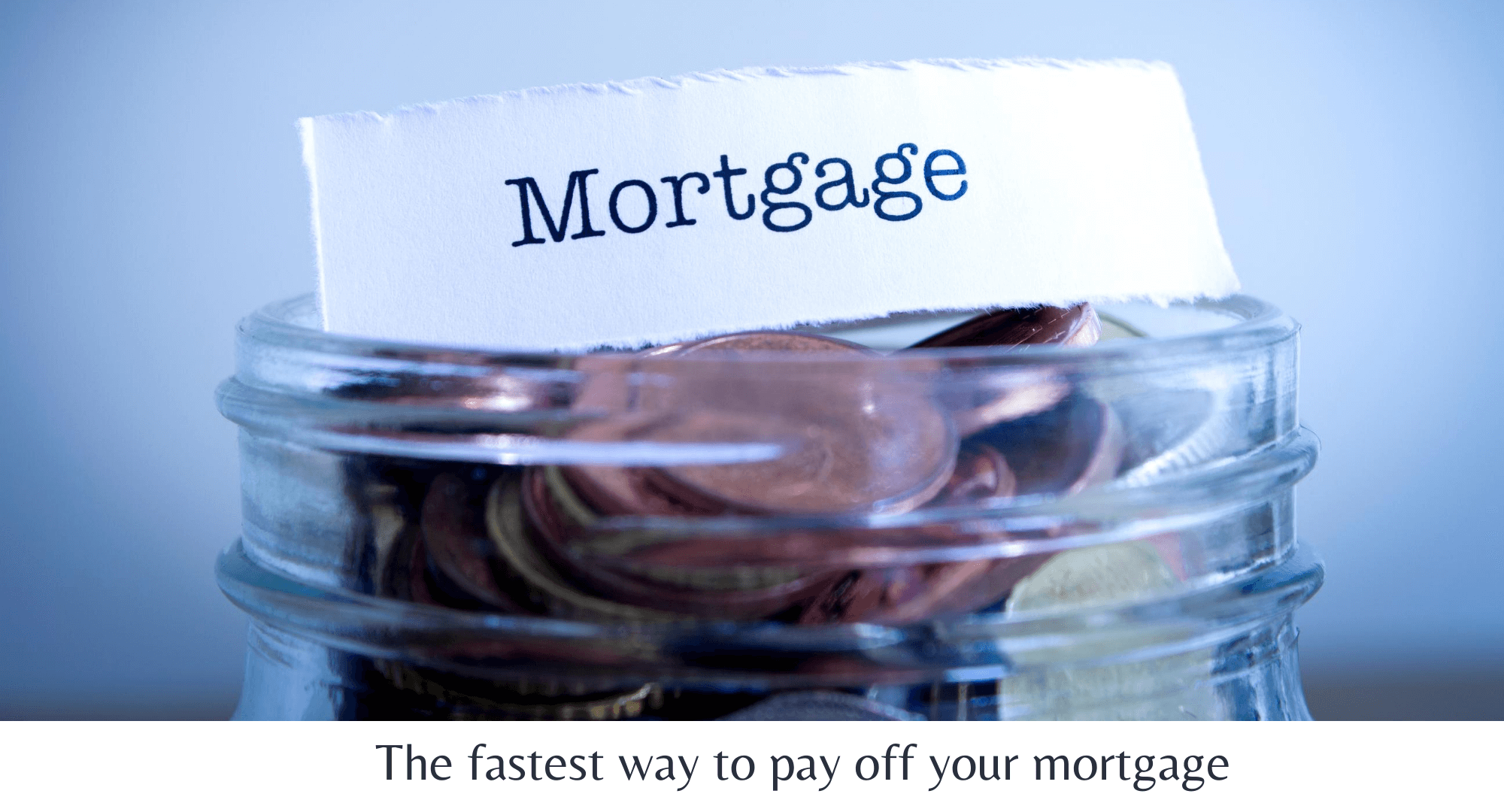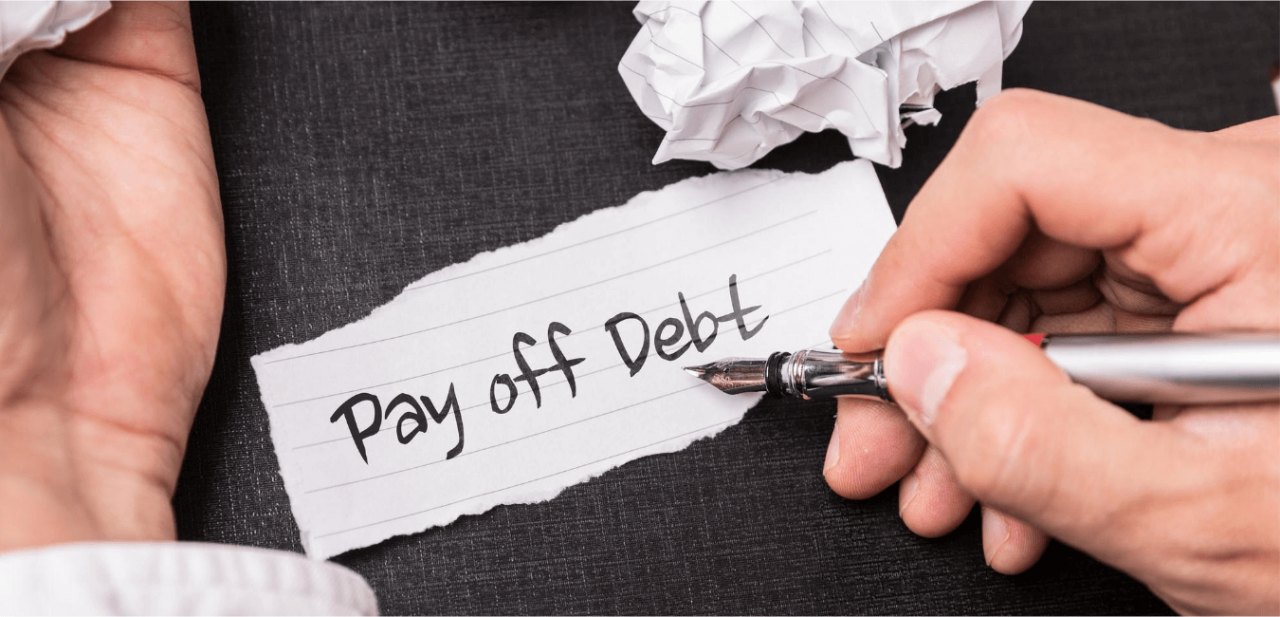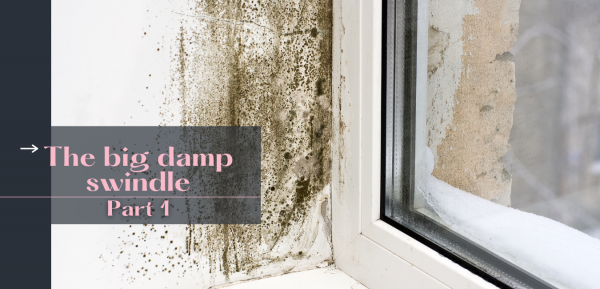
Being mortgage free faster is something many of us only dream of, but it may be easier to do than you think and can save you thousands of pounds. Take a look at our tips to see if you could pay off your mortgage faster…
Overpay your mortgage each month
Paying as little as an extra £50 a month on top of your normal mortgage repayment can make all the difference to how much interest you pay and how quickly you’re rid of your mortgage. For example, if you owe £130,000 and have 20 years left on a 2.5% repayment mortgage, by paying an extra £50 a month, you’ll pay off your mortgage 1 year and 8 months earlier, saving £3,235 in interest. If you overpay by £100 a month, it would be reduced by 3 years and 1 month and you’d save £5,920 in interest. Before changing anything, check that there aren’t any penalties for overpaying. Most mortgages now allow some level of overpayment – typically up to 10% of the total mortgage balance each year on fixed rate deals (variable rates, where your mortgage rate can go up or down, often don’t have penalties). Be careful not to go over any limits, as the penalties can run into hundreds or even thousands of pounds. If you can’t afford to pay any extra, check to see if you could switch to a better mortgage rate. Then, instead of paying the new lower mortgage repayment, simply continue to repay what you were paying before and you’ll pay off your mortgage faster.
Make a one-off lump sum payment
If you come into some money, you could use it to pay off a chunk of your mortgage. For example, if you owe £130,000 and have 20 years left on a 2.5% repayment mortgage, by making a one-off overpayment of £5,000, it would save you £3,132 in interest and mean you pay off your mortgage in full 11 months earlier. If the overpayment were £10,000, it would save you £6,068 in interest and mean you’d be mortgage free 1 year and 11 months earlier. Again, make sure you won’t incur a penalty before doing anything.
Shorten the length of your mortgage
You can simply ask your lender to reduce the term of your mortgage – say from 15 years to 10 years. This will increase your monthly repayments, but you’ll pay less interest overall. Think carefully before doing this – it’s a much less flexible option than overpaying, which you can switch on and off as it suits you. But if you prefer the discipline of higher repayments this could work for you. There are various mortgage calculators online, such as the one on the Money Supermarket website, which can show you how much quicker you can pay off your mortgage if you make regular or one-off repayments, as well as how your repayments are affected if you increase or reduce the term of your mortgage.
Think things through
As with all financial decisions, it’s important not to make the decision to pay off your mortgage early in isolation – there are a number of things to think about first. For example, if you have debt elsewhere, or can get a higher return on a savings account, it may be best to invest your spare cash there.






Share this with
Email
Facebook
Messenger
Twitter
Pinterest
LinkedIn
Copy this link